Documents on the Fight for Real History
The Simon Wiesenthal Center Annual states that it concentrates on the scholarly study of the Holocaust. “Our definition of the Holocaust in its widest context includes: Nazi Germany and the Final Solution, 1933-1945; European Jewry during World War II; refugees, rescue, and immigration; displaced persons and post-war trials; and modern anti-Semitism.”
COURTESY LINK: Visit the Simon Wiesenthal Center Website. |
August 27, 1992 The Toronto-based Simon Wiesenthal Centre writes secretly to Bernard Valcourt, Canada’s bibulous Minister of Immigration and Employment, to ask him to stop the planned visit of “the infamous Holocaust denier David Irving“:
They enclose copies of relevant newspaper clippings and state, wrongly, that “those convictions” have been upheld on appeal (in fact there is only one conviction, and it was appealed all the way to the European Commission on Human Rights in Strasbourg); they also wrongly claim that the offences are “equivalent” to those covered by section 319 of the Canadian Criminal Code, which makes Public Incitement of Hatred an offence. This is also untrue: for the purposes of the Act, such equivalency has to be absolute. The Wiesenthal Centre continues by claiming in its letter that Mr Irving’s “prior convictions” (sic) together with his past activities and his “reputation as a disseminator of false information” are likely to incite hatred, and he should be banned from Canada. They admit that they have no exact information on his date and means of arrival.
They also sends a copy to Canada’s minister of external affairs, Barbara McDougall. October 6, 1992 Valcourt’s staff respond in the cautious terms dictated by Canada’s Privacy Act. “I do want to let you know,” they however write, “that this Government finds any type of hate-mongering totally reprehensible.” The minister has alerted the RCMP, he assures the Wiesenthal Centre, and the police will take any necessary action should Mr Irving violate Section 319 or any other statute during his meetings. Should any criminal convictions result, he will be barred from admission to Canada in the future:
As for the precise section of immigration law that the Wiesenthal lawyers have evidently suggested in the interim, paragraph 19(1)(d), the minister admits that this does prohibit the entry of persons where there are “reasonable grounds” to believe they might commit certain offences, but the presumption of innocence means that a person reported under this paragraph will “only be detained if he or she were a danger to public security.” |
|
![SWCsmear1992 2 [Global Vendetta]](https://staging.fpp.co.uk/old-web/pictures/GVtitle.gif) Read David Irving’s draft manuscript, Global Vendetta, for the whole story! Read David Irving’s draft manuscript, Global Vendetta, for the whole story!
|
||


